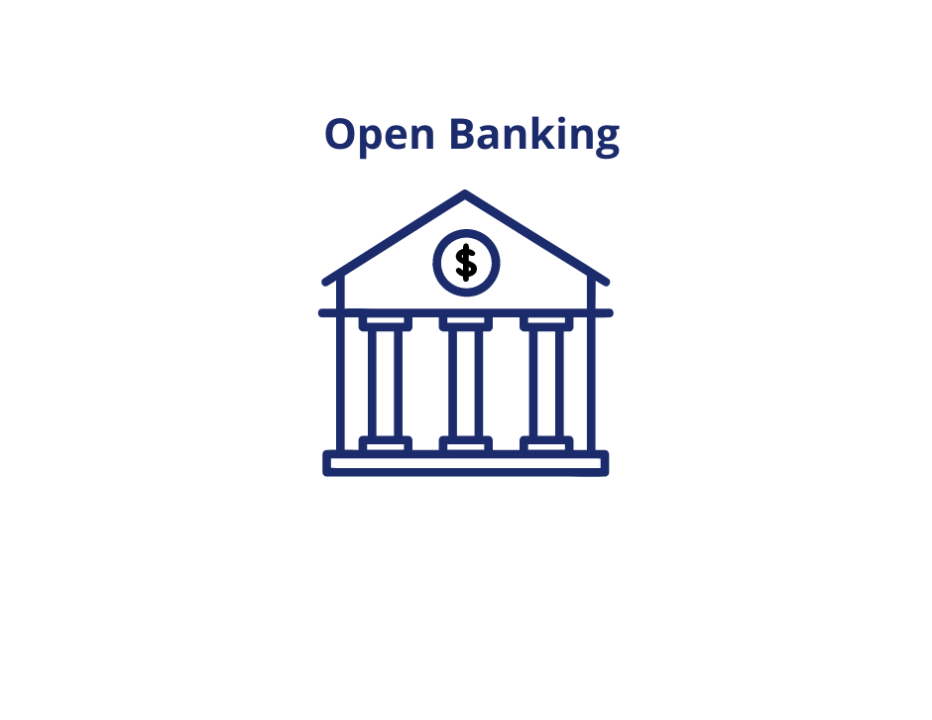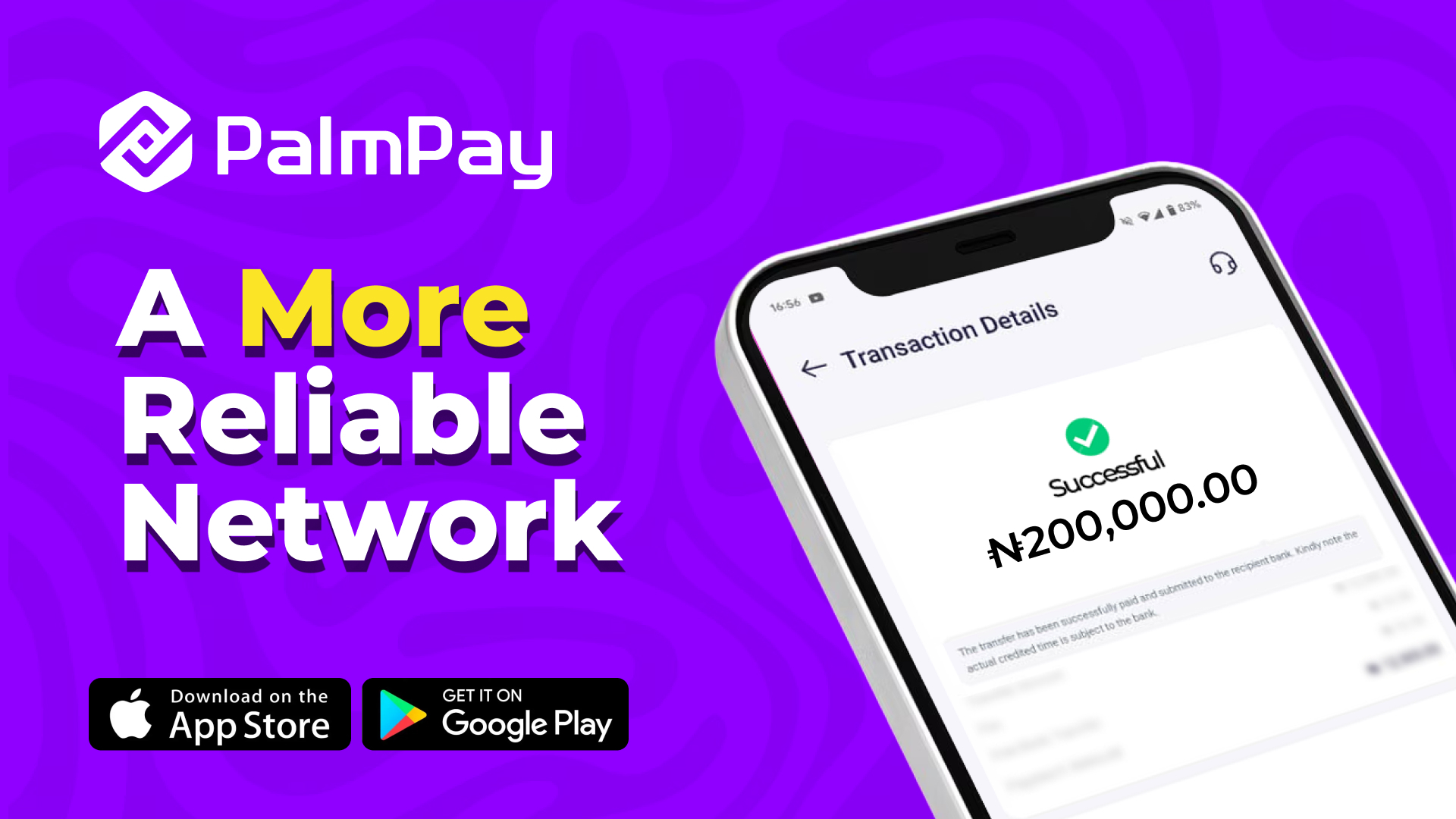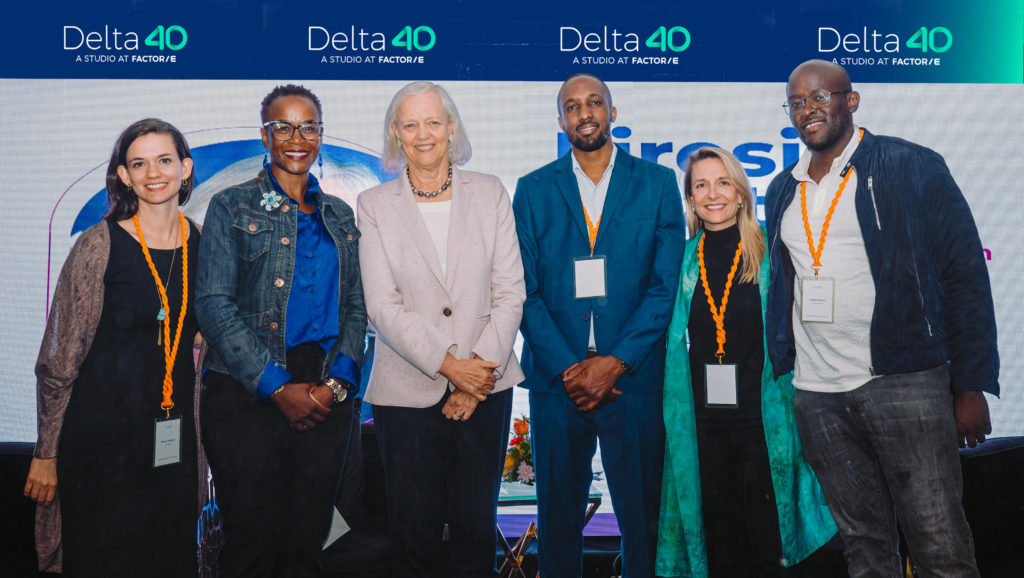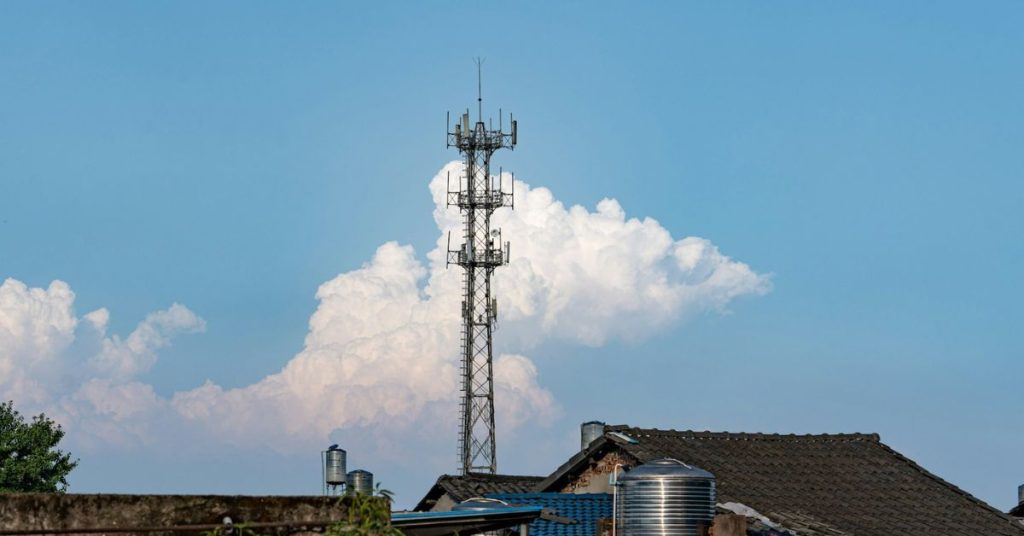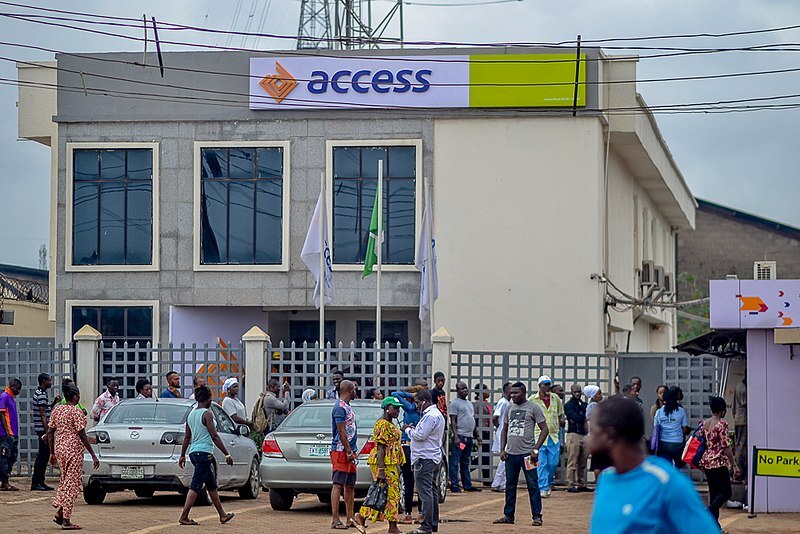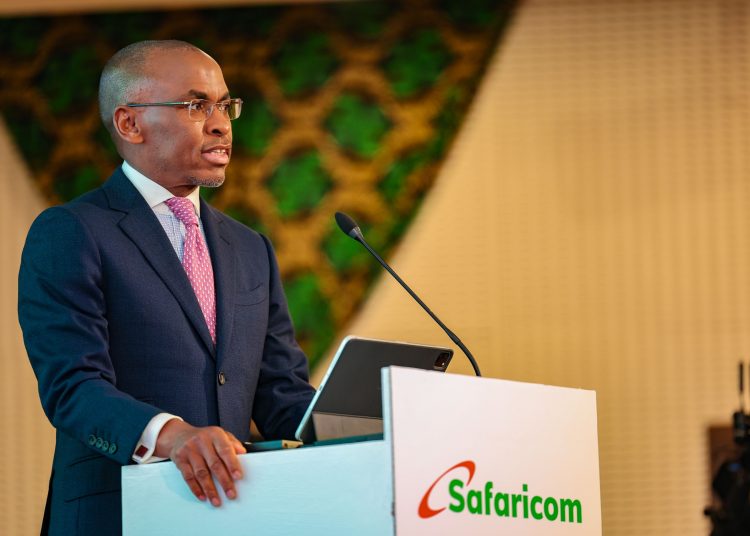
First published 27 October, 2024
If one discussion was very prominent to attendees at TechCabal’s Moonshot and stuck with me, it was that the world is moving toward an open-data economy driven by advances in digital technology.
Instead of isolating customer data within single organisations, it is now becoming more accessible to third parties—but only with customer consent.
This shift shows recognition of customer ownership over their data and the ability to choose how and with whom it is shared.
A vital example of this trend is open banking—a hot topic discussed during the conference. Led by governments in countries like the United Kingdom and introduced in Africa by Nigerian fintech and banking executives, open banking represents a major step toward data openness. While regulators, in this case, the Central Bank of Nigeria (CBN), have yet to give it a nod, many experts believe it will be one of the most transformative developments in the banking industry over the coming decade.
Next Wave continues after this ad.
Although open banking aligns with Nigeria’s broader focus on consumer privacy, as seen in regulations like the Nigerian Data Protection Act 2023, its purpose goes beyond data protection. Open banking empowers customers to voluntarily share their financial data with other entities, facilitated by technology such as application programming interfaces (APIs).
In April 2019, Deloitte Insight surveyed the concept of open banking. I found its description quite compelling, considering every expert defines open banking differently: say a customer is interested in a financial product from a provider outside their bank—like a digital lending app built by a fintech company. To work effectively, this product needs access to customer bank data: their income, spending, accounts, and transactions. With open banking, you can instruct this customer bank to share this data with the other provider. The same customer can stop sharing at any time—no strings attached.
This approach empowers customers to control who accesses their financial information, potentially reshaping competition and consumer choice in the credit market by enabling fintech and other institutions to offer tailored financial products.
Can open banking prevent borrowers from being negatively impacted by data sharing?
Next Wave continues after this ad.
Under open banking, borrowers—not lenders—control who accesses their financial data, shifting the power balance in lending decisions. This model has significant implications, especially for competition and borrower welfare.
Let’s consider a traditional bank and a fintech lender competing for the same borrowers. Traditional banks, with their vast data from customer accounts and transactions, have an advantage in assessing creditworthiness.
Fintechs, on the other hand, rely on limited data—often sourced from social media and online profiles—but have superior data analysis algorithms.
However, these algorithms cannot surpass traditional banks’ screening ability without sufficient data.
In a world without open banking, the bank would generally screen borrowers more accurately.
Open banking can level the playing field by enabling borrowers to share their bank data with fintechs, potentially making fintech a formidable “rival” to the traditional bank. This data-sharing can boost fintechs’ screening capabilities, possibly even allowing them to surpass banks in identifying high-quality borrowers, especially when combined with the fintech’s own data sources.
Next Wave continues after this ad.
This development in fintech screening can have two outcomes. First, better screening allows fintechs to distinguish high-quality borrowers from low-quality ones better. This benefits high-quality borrowers, who are more accurately assessed, but can hurt low-quality borrowers, who are less likely to receive favourable loan terms.
Secondly, improved fintech screening can shift the dynamics of competition. If fintech narrows the screening gap with banks, competition increases, which can borrowers with better rates. However, if fintech gains too much of an advantage, this can undercut competition, ultimately driving up lender profits and leaving borrowers worse off.
Open banking’s well-sold benefits—greater competition and borrower choice—may backfire if a fintech’s advantage grows too strong. After all, borrowers should theoretically avoid actions against their own interest.
A troubling scenario may also emerge: if some borrowers face barriers to opting in (due to unfamiliarity with the technology, privacy concerns, or high perceived costs), an important equilibrium can arise. In this case, a disproportionate number of high-quality borrowers sign up to share data, unintentionally increasing lender asymmetry. This would leave both high- and low-quality borrowers worse off than before, as those who sign up suffer from reduced competition and those who don’t face the stigma of presumed low credit quality.
It is a dilemma that surely needs to be explained better.
Kenn Abuya,
Senior Reporter, TechCabal.
We’d love to hear from you
Psst! Down here!
Thanks for reading today’s Next Wave. Please share. Or subscribe if someone shared it to you here for free to get fresh perspectives on the progress of digital innovation in Africa every Sunday.
As always feel free to email a reply or response to this essay. I enjoy reading those emails a lot.
TC Daily newsletter is out daily (Mon – Fri) brief of all the technology and business stories you need to know. Get it in your inbox each weekday at 7 AM (WAT).
Follow TechCabal on Twitter, Instagram, Facebook, and LinkedIn to stay engaged in our real-time conversations on tech and innovation in Africa.









